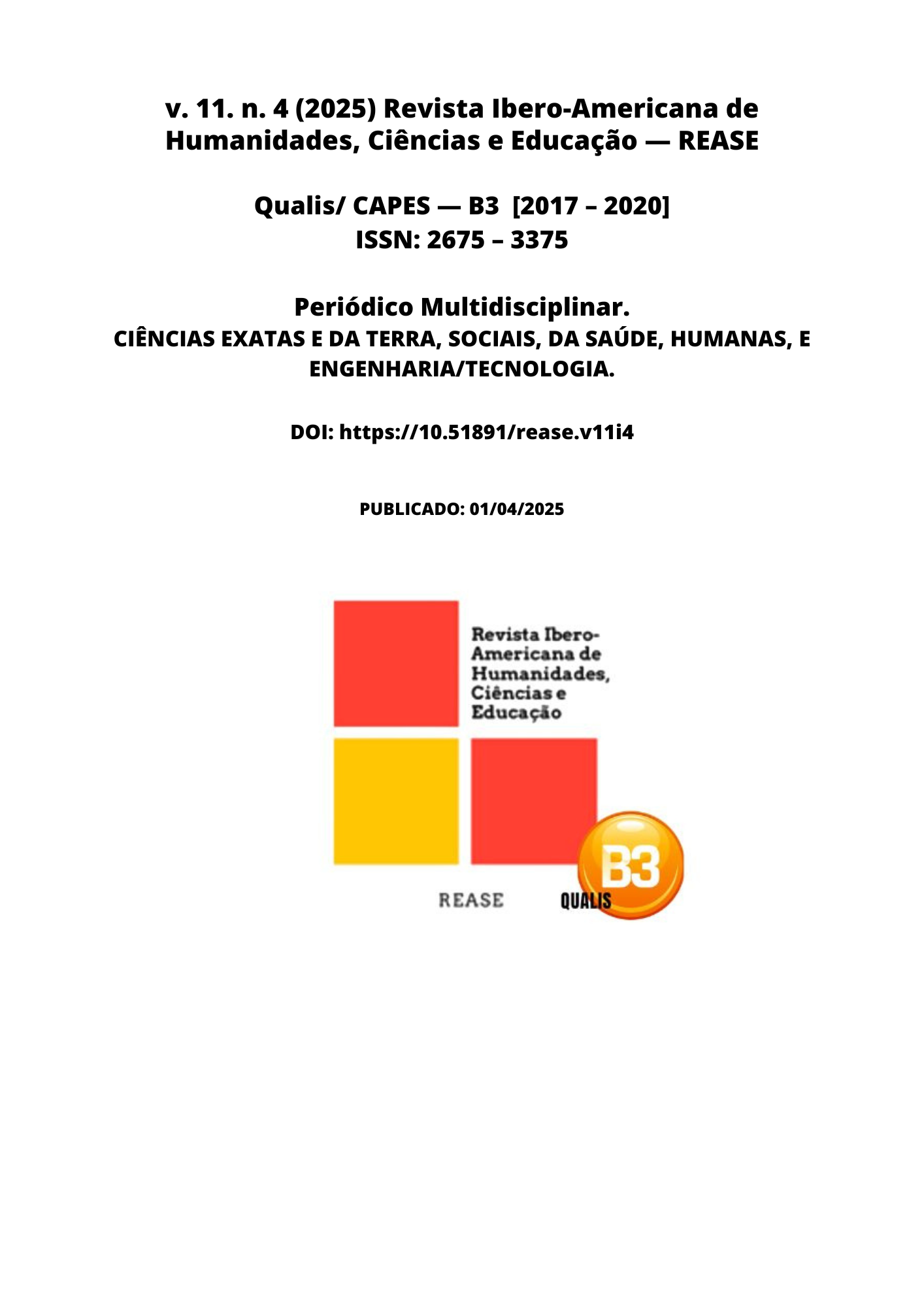CHALLENGES AND PERSPECTIVES IN GUARANTEEING RIGHTS: THE APPLICATION OF THE BANGKOK RULES TO WOMEN DEPRIVED OF FREEDOM IN BRAZIL
DOI:
https://doi.org/10.51891/rease.v11i4.18612Keywords:
Bangkok Rules. Women's prison system. Fundamental rights.Abstract
This article sought to establish guidelines for the treatment of incarcerated women, aiming to ensure humane and appropriate conditions for the specific needs of women in the Brazilian prison system. To conduct this study, a documentary research methodology was adopted, based on the analysis of scientific articles, legal doctrines, legal texts, decrees, and the Bangkok Rules. The study addresses the historical evolution of women's prisons in Brazil, highlighting the structural precariousness and the lack of public policies aimed at this population, thus perpetuating the invisibility and vulnerability of incarcerated women. Finally, the study emphasizes the need for a differentiated approach to this population, considering their particularities and promoting actions that guarantee their fundamental rights.
Downloads
Downloads
Published
How to Cite
Issue
Section
Categories
License
Atribuição CC BY

